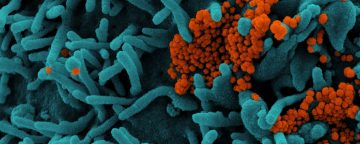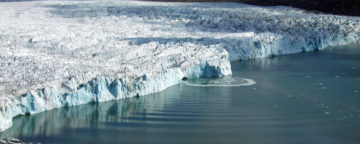In the April issue of Scientific American, scholar Kathleen Hall Jamieson explains how everyone can debunk misinformation about COVID, vaccines and masks.


In the April issue of Scientific American, scholar Kathleen Hall Jamieson explains how everyone can debunk misinformation about COVID, vaccines and masks.

FactCheck.org and Univision Noticias have received funding from the Google News Initiative to produce fact checks about COVID-19 immunization misinformation as short bilingual video explainers.

At a virtual celebration of Benjamin Franklin's 315th birthday, APPC Director Kathleen Hall Jamieson was honored with the 2021 Franklin Founder Award.

A new report from APPC and Penn's Center for Ethics and the Rule of Law addresses national security and the Arctic and the emerging climate crisis.

FactCheck.org has released its "whoppers of 2020" on the year's political fabrications. Once again, President Trump tops the list though President-elect Biden is on it, too.

The holiday season usually has the lowest suicide rates, but news accounts persist in supporting the holiday-suicide myth. While the COVID-19 pandemic has increased risk factors associated with suicide, media should be careful not to make unfounded claims about suicide trends.

Penn's APPC and CERL presented a conference to discuss strategies to address challenges associated with Arctic climate change.

Belief in COVID-19 conspiracy theories predicts resistance to future COVID-19 vaccination and preventive behaviors such as mask-wearing, a new study by APPC researchers has found.